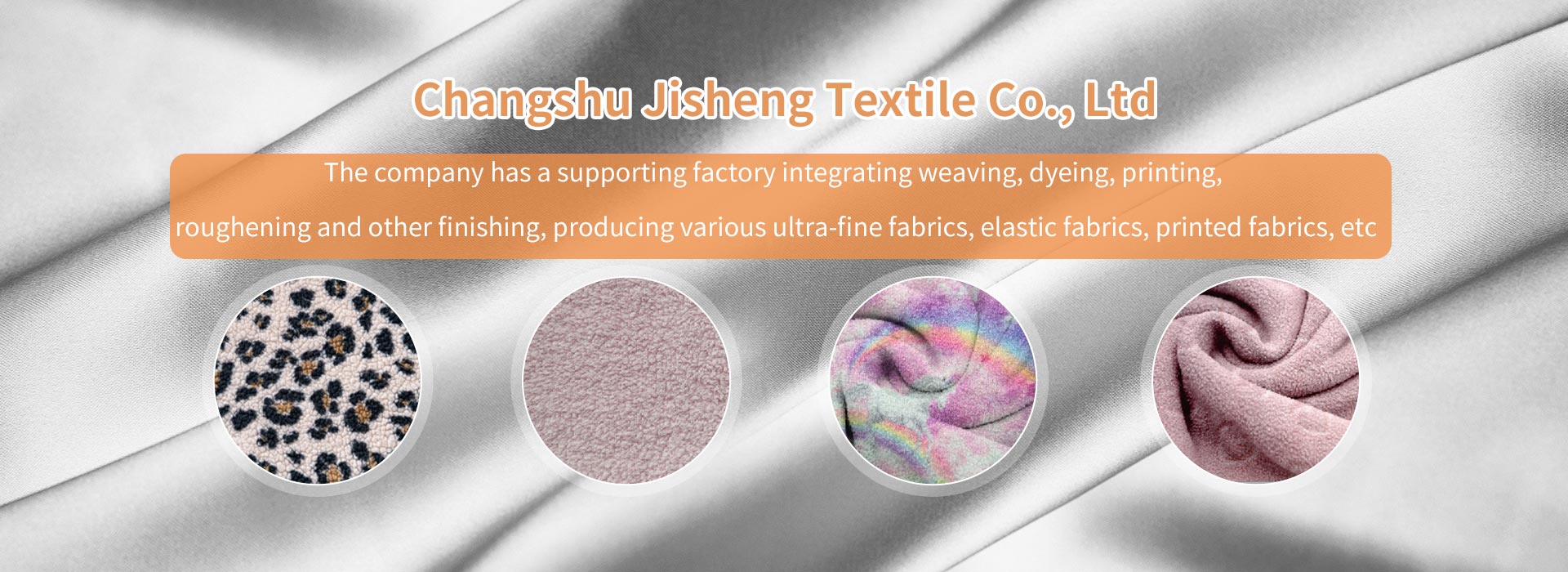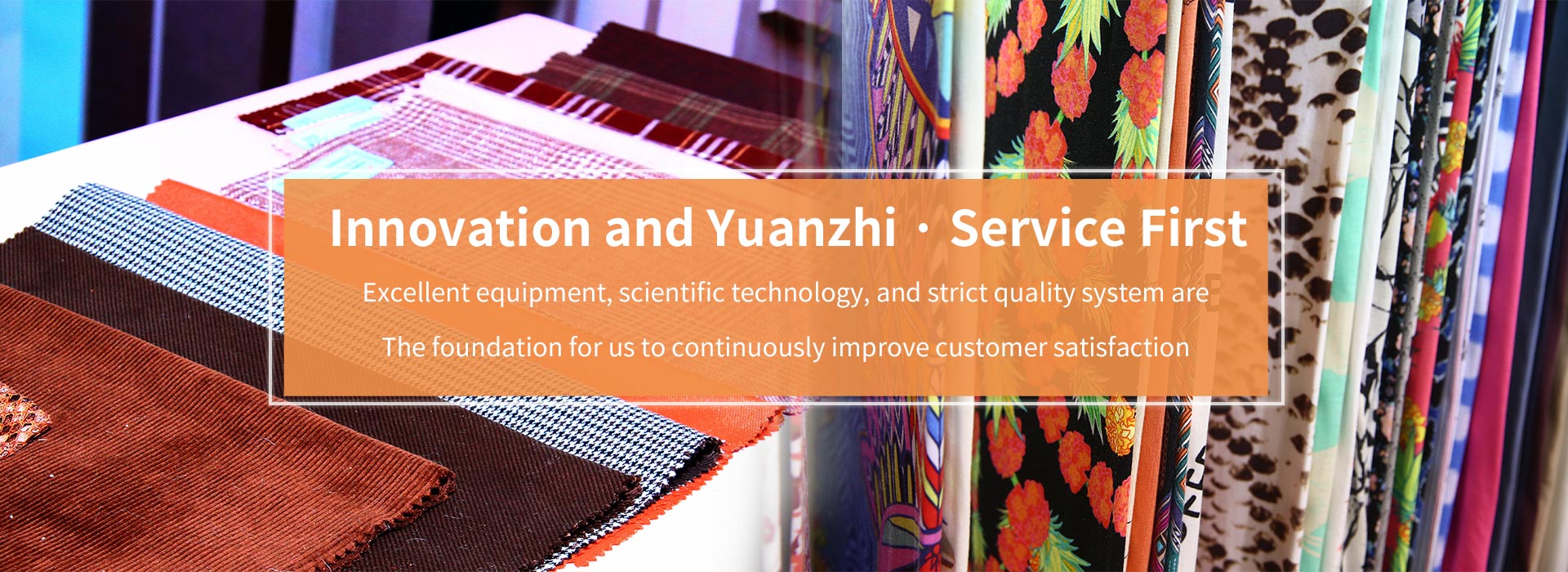Since the establishment of Taobao Mall, the predecessor of Tmall in 2003, consumers have been able to find more than 70000 brands on Tmall. Zhang Jianfeng, president of Alibaba Group's China Retail Business Group, said that clothing is a major category. Over the years, Tmall, which started with clothing, has accumulated a large number of users. In 2014, a total of 350 million independent buyers conducted transactions on Tmall.
The clothing summit held by Tmall is a huge event, with half of the venue being senior executives from clothing companies. Representatives of brands such as Heji, Attachment, Lingzhi and Decathlon came to the stage one by one and announced to join Tmall's strategic partner camp.
Tmall's new clothing "alliance" has unnerved industry insiders: In addition to signing strategic cooperation agreements with 160 clothing brands, Tmall has also won cooperation rights with more than 20 brands such as Timberland, ELAND, TEENIE WEENIE, and Inditex Group.
Clothing e-commerce is in a rapid growth stage. According to the data from the "Quarterly Monitoring Report on China's B2C Market", a think-tank from Analysys, the clothing trading scale in China's B2C market reached 120.54 billion yuan in the quarter of 2015, a year-on-year increase of 54.1%, with Tmall occupying nearly 70% of the market share.
However, the clothing e-commerce industry has never lacked competitors. JD.com, which started as a self-supporting company, began to increase third-party support three years ago and accelerate the pace of platformization. Since 2014, the JD.com Open Platform has clearly listed clothing as a key development direction, and has held multiple "Shang · JD.com" fashion and new product launches. On August 7th, JD announced a new division system adjustment and established a separate clothing and home furnishing division. Up to now, more than 38000 merchants have settled in the "Jingdong Clothing City", including HUGO BOSS, GAP, Levi's, Lacoste, as well as Jack Jones, Vero Moda, and other brands that rank top in sales on Tmall.
In April of this year, Uniqlo, a Japanese fashion brand, announced its high-profile move to Jingdong Mall. For JD.com, with the proportion of non 3C product transactions reaching 50% and the non proprietary trading volume approaching half, the introduction of well-known consumer brands such as Uniqlo is crucial to improving the brand image and user experience.
However, don't forget the significance of Uniqlo for Tmall.
In 2009, Tmall (also known as Taobao Mall at that time) welcomed the international market, which is Uniqlo. Subsequently, fast fashion brands such as Forever 21 and Gap successively settled in, and Taobao officially entered the era of "Big Taobao". Up to now, Uniqlo ranks in the top 10 on the annual sales list of Tmall's "Double 11" promotional days. On the day of the 2014 event, Uniqlo's total turnover in Tmall exceeded 260 million yuan, ranking first in the clothing category flagship store and fifth in the platform's full category flagship store.
Tmall and JD.com, which have been competing frequently on e-commerce carnivals and genuine and fake goods issues, have once again engaged in close combat, making clothing brands an important resource for the two platforms to compete for. Tmall has signed more than 160 strategic cooperative brands at one stroke, which can also be seen as building a firewall to ensure Tmall's advantages in the clothing field.
For brands, the benefits of entering Tmall include the unparalleled huge traffic on their official websites, and the massive data generated by purchasing behavior.
In addition, Tmall will also help clothing brands build official websites or build Tmall flagship stores into "quasi official websites.". Er Ding, who took over from Li Shujun as the head of Tmall's clothing category in April this year, said, "After handing over issues such as online sales and back-end technology to Alibaba, enterprises can reduce human investment in e-commerce departments and devote more energy to improving the efficiency of physical stores."
From some cases, it seems that this is true. When Uniqlo achieved 100 million sales on Tmall, its e-commerce department had only three people. You can imagine that Tmall's "contracting" service has brought companies that have tasted the benefits closer to themselves.
Every time a new brand enters the platform, Tmall will also guide traffic for them. Tmall itself is an e-commerce platform and promotion agency. The so-called traffic guidance means include page location, use of red envelopes, product arrangement of Tmall data, recommended purchases, labels, and so on.
However, after signing a strategic cooperation agreement or exclusive agreement, the brand can obtain more resources, and the "potential customer plan" is one of them.
"Through Alibaba's big data intelligent algorithm model, potential customers with purchasing tendencies for this brand will be screened to achieve purchase conversion among potential customers, which will effectively improve trading volume," Erding explained at the summit. At present, Decathlon, GAP, Peacebird, Adidas and other Tmall clothing strategic partners have started to run the "potential customer plan". According to the internal sales data of Tmall in June, after the operation of the "Potential Customer Plan", the conversion rate is nearly double that of other traffic.
Brands will receive more resources. Erding said that during the big promotion, Tmall will arrange the floors of partners, and there will be brand exposure in the attribute area of the main path search. In popular terms, when entering search keywords, in addition to the screening area, there will also be cooperative brands.
Helping merchants increase sales is only the most superficial function of big data. Zhang Jianfeng, President of Alibaba Group's China Retail Business Group, said that with the help of Alibaba Big Data, international brands can also lay out their offline layout. Many international brands that originally only opened stores in the most prosperous areas of first-tier cities, such as Uniqlo, can match consumer demand through big data and penetrate into China's third and fourth tier cities. On August 2nd, Uniqlo founder Liu Jingzheng stated that he would continue to add 100 new stores in China every year.
Tmall has invested heavily in this brand defense battle, but for more brands that have not signed or strategic cooperation agreements, neither platform is willing to give up.
"Our marketing philosophy is that wherever there are customers, there are our products. Although we sell very well on Tmall, given the growth of the JD platform, we also hope to provide our products on JD to consumers who like the JD website." Abinta Malik, Vice President and General Manager of Gap's parent company, Gap Group in Greater China, told Interface News.
The clothing summit held by Tmall is a huge event, with half of the venue being senior executives from clothing companies. Representatives of brands such as Heji, Attachment, Lingzhi and Decathlon came to the stage one by one and announced to join Tmall's strategic partner camp.
Tmall's new clothing "alliance" has unnerved industry insiders: In addition to signing strategic cooperation agreements with 160 clothing brands, Tmall has also won cooperation rights with more than 20 brands such as Timberland, ELAND, TEENIE WEENIE, and Inditex Group.
Clothing e-commerce is in a rapid growth stage. According to the data from the "Quarterly Monitoring Report on China's B2C Market", a think-tank from Analysys, the clothing trading scale in China's B2C market reached 120.54 billion yuan in the quarter of 2015, a year-on-year increase of 54.1%, with Tmall occupying nearly 70% of the market share.
However, the clothing e-commerce industry has never lacked competitors. JD.com, which started as a self-supporting company, began to increase third-party support three years ago and accelerate the pace of platformization. Since 2014, the JD.com Open Platform has clearly listed clothing as a key development direction, and has held multiple "Shang · JD.com" fashion and new product launches. On August 7th, JD announced a new division system adjustment and established a separate clothing and home furnishing division. Up to now, more than 38000 merchants have settled in the "Jingdong Clothing City", including HUGO BOSS, GAP, Levi's, Lacoste, as well as Jack Jones, Vero Moda, and other brands that rank top in sales on Tmall.
In April of this year, Uniqlo, a Japanese fashion brand, announced its high-profile move to Jingdong Mall. For JD.com, with the proportion of non 3C product transactions reaching 50% and the non proprietary trading volume approaching half, the introduction of well-known consumer brands such as Uniqlo is crucial to improving the brand image and user experience.
However, don't forget the significance of Uniqlo for Tmall.
In 2009, Tmall (also known as Taobao Mall at that time) welcomed the international market, which is Uniqlo. Subsequently, fast fashion brands such as Forever 21 and Gap successively settled in, and Taobao officially entered the era of "Big Taobao". Up to now, Uniqlo ranks in the top 10 on the annual sales list of Tmall's "Double 11" promotional days. On the day of the 2014 event, Uniqlo's total turnover in Tmall exceeded 260 million yuan, ranking first in the clothing category flagship store and fifth in the platform's full category flagship store.
Tmall and JD.com, which have been competing frequently on e-commerce carnivals and genuine and fake goods issues, have once again engaged in close combat, making clothing brands an important resource for the two platforms to compete for. Tmall has signed more than 160 strategic cooperative brands at one stroke, which can also be seen as building a firewall to ensure Tmall's advantages in the clothing field.
For brands, the benefits of entering Tmall include the unparalleled huge traffic on their official websites, and the massive data generated by purchasing behavior.
In addition, Tmall will also help clothing brands build official websites or build Tmall flagship stores into "quasi official websites.". Er Ding, who took over from Li Shujun as the head of Tmall's clothing category in April this year, said, "After handing over issues such as online sales and back-end technology to Alibaba, enterprises can reduce human investment in e-commerce departments and devote more energy to improving the efficiency of physical stores."
From some cases, it seems that this is true. When Uniqlo achieved 100 million sales on Tmall, its e-commerce department had only three people. You can imagine that Tmall's "contracting" service has brought companies that have tasted the benefits closer to themselves.
Every time a new brand enters the platform, Tmall will also guide traffic for them. Tmall itself is an e-commerce platform and promotion agency. The so-called traffic guidance means include page location, use of red envelopes, product arrangement of Tmall data, recommended purchases, labels, and so on.
However, after signing a strategic cooperation agreement or exclusive agreement, the brand can obtain more resources, and the "potential customer plan" is one of them.
"Through Alibaba's big data intelligent algorithm model, potential customers with purchasing tendencies for this brand will be screened to achieve purchase conversion among potential customers, which will effectively improve trading volume," Erding explained at the summit. At present, Decathlon, GAP, Peacebird, Adidas and other Tmall clothing strategic partners have started to run the "potential customer plan". According to the internal sales data of Tmall in June, after the operation of the "Potential Customer Plan", the conversion rate is nearly double that of other traffic.
Brands will receive more resources. Erding said that during the big promotion, Tmall will arrange the floors of partners, and there will be brand exposure in the attribute area of the main path search. In popular terms, when entering search keywords, in addition to the screening area, there will also be cooperative brands.
Helping merchants increase sales is only the most superficial function of big data. Zhang Jianfeng, President of Alibaba Group's China Retail Business Group, said that with the help of Alibaba Big Data, international brands can also lay out their offline layout. Many international brands that originally only opened stores in the most prosperous areas of first-tier cities, such as Uniqlo, can match consumer demand through big data and penetrate into China's third and fourth tier cities. On August 2nd, Uniqlo founder Liu Jingzheng stated that he would continue to add 100 new stores in China every year.
Tmall has invested heavily in this brand defense battle, but for more brands that have not signed or strategic cooperation agreements, neither platform is willing to give up.
"Our marketing philosophy is that wherever there are customers, there are our products. Although we sell very well on Tmall, given the growth of the JD platform, we also hope to provide our products on JD to consumers who like the JD website." Abinta Malik, Vice President and General Manager of Gap's parent company, Gap Group in Greater China, told Interface News.
 Consultation hotline:
Consultation hotline: 


